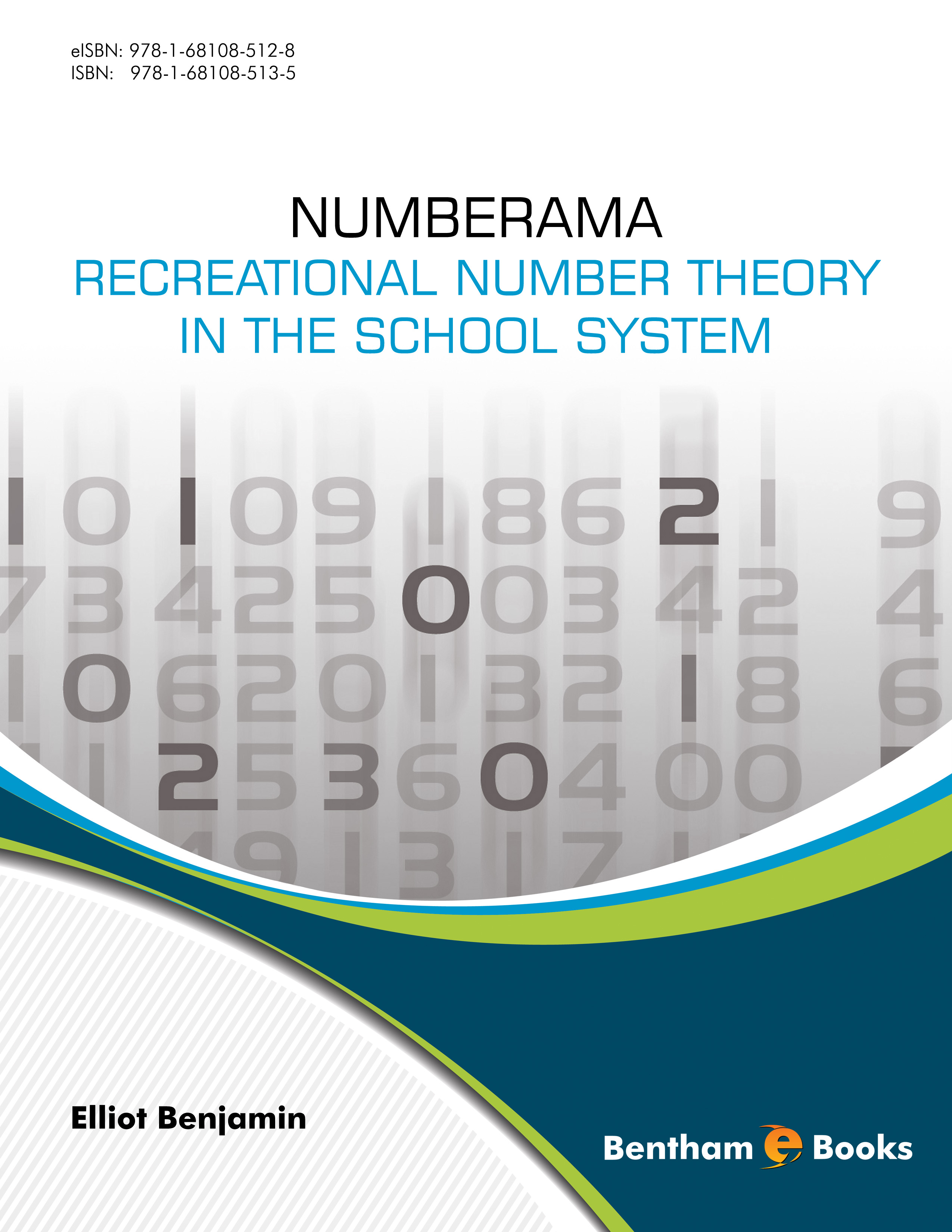Foreword
With all the push toward applications of mathematics where some are at best artificial, it is refreshing to find a text that does not have the pretense of giving any real applications, but rather a book on number theory just for fun. The conception of the book, Numberama, could have been conceived by the first real number theorist, P. Fermat, through a bunch of problems (without any thought of applications).
This book is a text about problems in number theory intended to aid teachers from early elementary school to early high school in giving an appreciation of number theory to their students. The text is divided into four parts and an Appendix: Chapter I is devoted to several basic problems in number theory which can be appreciated using only elementary arithmetic: addition, subtraction, multiplication, and division. Chapters 2, 3, and 4 are devoted to board games based on the problems in Chapter 1, where each chapter requires successively higher level arithmetic skills to play the games in the chapter. For each of the problems given in Chapter I, there is a code indicating the level of skills needed to work on at least parts of the problems. Teachers are given plenty of advice as to how to present the material to the students. The Appendix includes excerpts from various student and teacher participants in Dr. Benjamin's Numberama program, which describes both the benefits and the joy they received from participating in this program.
A couple of the problems included are the following, (some going back to antiquity): Finding perfect numbers. Here the students get to use their skills at multiplication and division, as well as being exposed to prime numbers. This problem leads, of course, to open questions such as the existence of infinitely many even perfect numbers and also the existence of at least one odd perfect number. There is also the problem of representing integers as the sum of two squares, a problem which Fermat himself worked on. Again the teachers are given hints as to how to proceed.
Chapters 2, 3, and 4 are devoted to 19 different board games concerning the problems in Chapter I, which seek to hone the skills of the students, involving many of the properties of numbers given in the first chapter. The text is written well and seems to be accurate. I would certainly recommend it to teachers interested in enriching the mathematics content and honing basic arithmetic skills of the students.
Chip Snyder
Professor of Mathematics,
University of Maine,
Orono,
Maine

